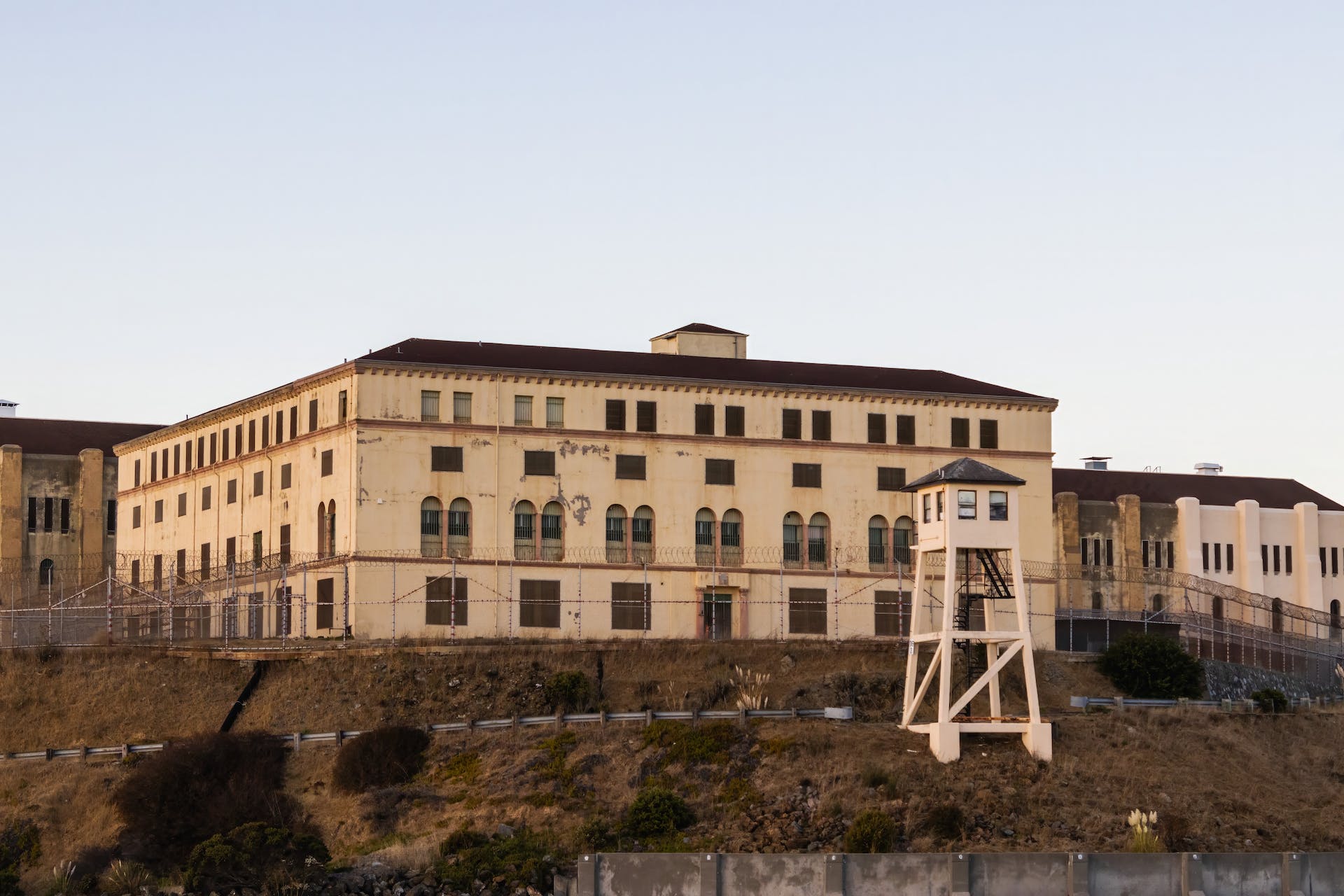Austrian Government’s Olive Branch: Compensation for Historically Persecuted Gay Men

In a move signaling progress and acknowledgment of past wrongdoings, the Austrian Ministry of Justice has earmarked €33 million to compensate gay individuals who were unjustly convicted under discriminatory laws. These provisions specifically targeted homosexual acts, even after homosexuality was decriminalized in 1971.
The Special Provisions: A Dark Past
Post the decriminalization of homosexuality in 1971, Austria introduced four specific provisions to its criminal code. These provisions were explicitly aimed at prosecuting gay men, often under circumstances that would not apply to heterosexual individuals or lesbians. These rules set an age difference for consensual relationships, criminalized gay prostitution, prohibited advertising or endorsing same-sex relations, and banned the formation or membership of LGBTQ+ associations.
Many of those convicted under these laws were labeled as ‘mentally abnormal criminals’ and were subjected to time in institutions under this branding.

Details of the Compensation
The Rehabilitation and Compensation Act, scheduled as part of Austria’s 2024 national budget, outlines the compensation details:
- €3,000 for each quashed judgment
- €1,500 for each year of incarceration
- €500 for every initiated investigation under the discriminatory provisions
- A flat fee of €1,500 for those who faced professional, economic, or health setbacks due to these convictions
The Ministry of Justice anticipates roughly 11,000 applications, with the compensation fund totaling €33 million over the coming years.
A Broader European Movement
Austria joins a growing list of European nations addressing their historical mistreatment of the LGBT community:
- Germany, in 2017, cleared convictions and offered financial compensation for those unjustly persecuted under discriminatory laws that persisted until 1994.
- Spain, in 2001, expunged the criminal records of gay and bisexual individuals incarcerated during Francisco Franco’s dictatorship, setting aside €2 million for compensation.
- The UK allows individuals convicted under now-repealed or abolished offenses for same-sex activities to have their convictions disregarded and pardoned.
- Scotland, in 2020, issued an automatic pardon for men with convictions for now-legal same-sex activities, extending this pardon posthumously as well.
Is It Enough?
While the compensation is undoubtedly a significant step for LGBTQ+ and human rights groups in Austria, many feel it’s just the beginning. Ann-Sophie Otte, the chairwoman of the Homosexual Initiative in Vienna, emphasized the need to consider periods of imprisonment for pension calculations and the repayment of fines with interest. She hopes for a formal apology from the National Council.
The LGBTQ+ rights organization Rechtskomitee lauds the compensation but highlights that the amount doesn’t match the figures suggested by the European Court of Human Rights.
This compensation serves as a testament to Austria’s commitment to righting historical wrongs. However, as sentiments from the LGBTQ+ community suggest, there’s more to be done in the journey toward justice and equality.
©equalityvoices.org
